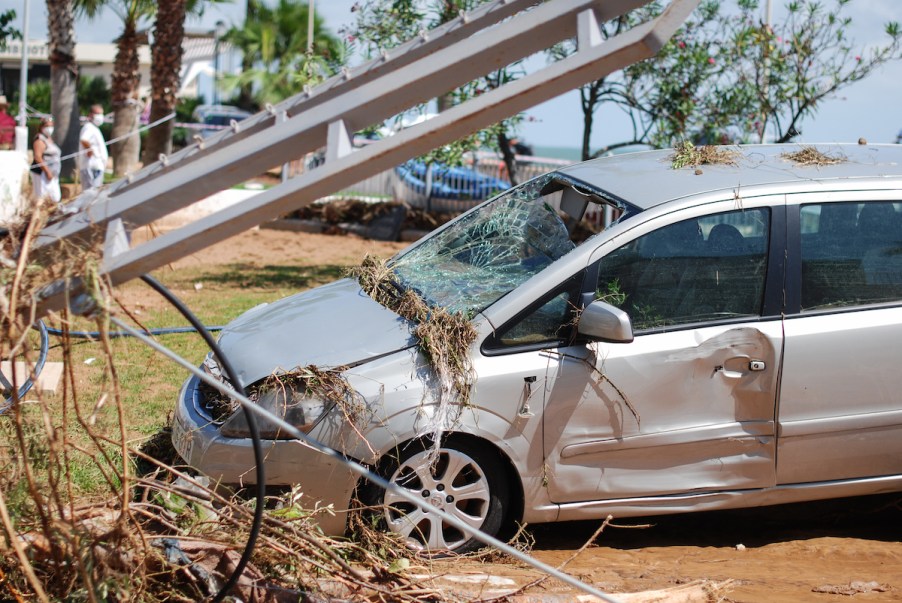
Auto Insurance Terms : What Does Exclusion Mean?
As auto insurance rates continue to rise across the country, it is enticing to reduce coverage to receive a lower monthly premium. However, dropping necessary benefits can leave you vulnerable in the case of an accident.
We encourage drivers to review their auto insurance policies to understand the benefits and determine if any adjustments need to be made. Undoubtedly, it can be hard to decipher some auto insurance terms, especially when wading through page after page policy documents. One word of particular importance to look out for is exclusion.
Understanding auto insurance terms

Auto insurance is mandatory for all registered vehicle owners and varies by state regarding the type of coverage required. Financial institutions can also require particular auto insurance limits if the vehicle has a lien.
Comprehending auto insurance terms can be confusing, and drivers often pay too much or don’t have enough coverage because they don’t understand their policy. Having the right coverage will not only protect your vehicle and its occupants in the event of an auto accident but can also protect you from theft, vehicle damage, and other unforeseen instances.
An insurance agent can describe your policy and explain your current benefits and limitations. However, if you don’t have an agent, you will want to be aware of specific auto insurance terms, such as exclusion, and how it can affect you and your family.
What is an exclusion?
Access Insurance defines an exclusion as “something your auto insurance policy won’t cover.” For example, there could be an exclusion in your policy that states that coverage could be denied if you are driving while intoxicated and cause an accident.
Most auto insurance policies contain a list of exclusions that will vary depending on the coverage level and type of policy. There are also industry-wide exclusions that are very common that consumers should be aware of before accepting a policy.
Bankrate suggests, “When shopping around for car insurance and comparing quotes, it may help to compare exclusions to ensure you get the coverage you want.”
A few examples of possible auto insurance exclusions to be aware of
Understanding any exclusions included in your current auto insurance policy is vital to prevent having a claim denied because you were unaware of your coverage limitations.
While basic liability insurance may seem attractive because of the lower premium, it may exclude property and medical expenses that could leave you in financial ruin. Collision insurance will cover any damage caused by hitting another vehicle, structure, or object but has an exclusion for non-collision damage. Comprehensive insurance covers all other types of damage that do not involve a collision, such as vandalism.
There are also driver-based exclusions that allow you to restrict high-risk drivers from using your vehicles, such as a teen or roommate. Be aware this is not applicable in all states, and you will need to check with your auto insurance company to see if this is possible in your specific scenario.
Many auto insurance carriers also have an exclusion of coverage for natural disasters or intentional acts of destruction. Some policies have a personal property exclusion or prohibit drivers from using their vehicles for business purposes or traveling out of the country.
It’s important to read through your auto insurance policy to see what exclusions apply. You can also request a car insurance endorsement or policy rider to modify your plan to include coverage for rideshare insurance, gap insurance, or roadside assistance benefits.
Understanding your auto insurance policy and its exclusions will keep you protected and ensure you have the coverage you need.


